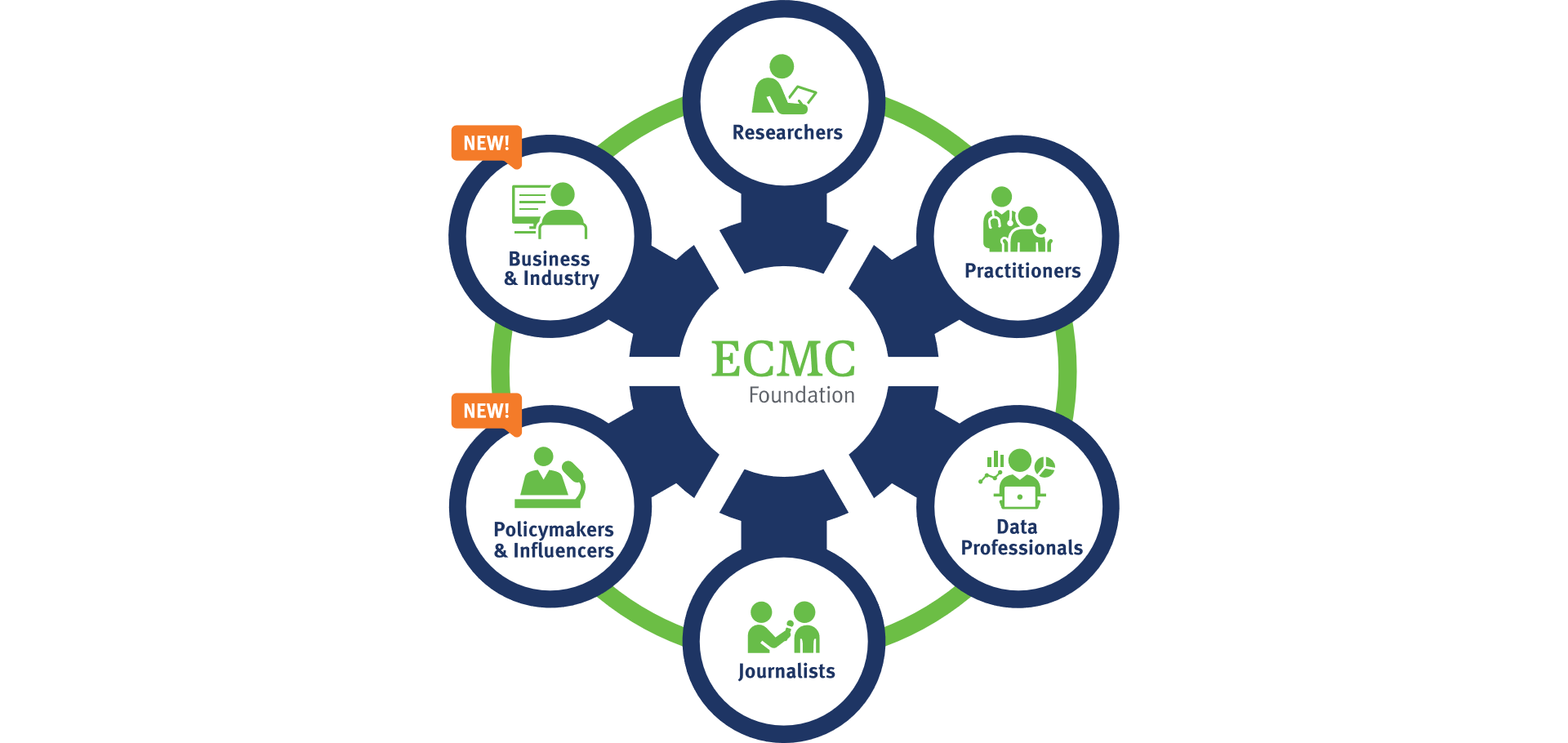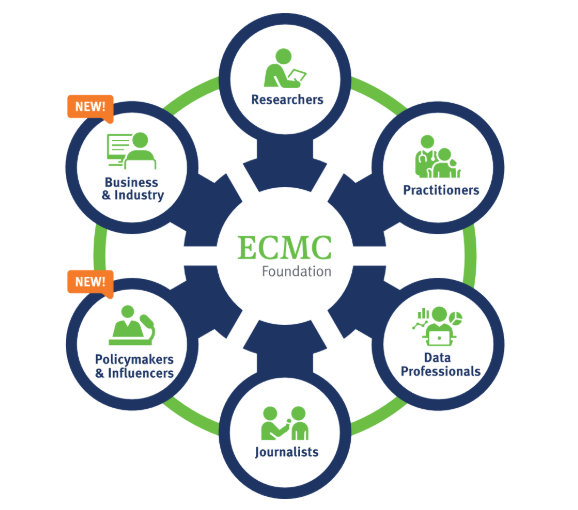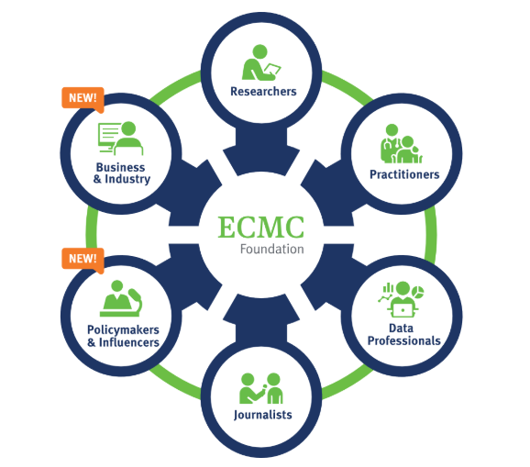A New and Enhanced Strategy for the CTE Leadership Collaborative at ECMC Foundation
April 21, 2020
By Patrick Q. Bourke, ECMC Foundation


 By 2025, we estimate that there will be more than 600 ECMC Foundation Fellows working to improve postsecondary career and technical education (CTE) across interrelated disciplines and supported by six organizations. It is our belief that the Fellows will become the next generation of thought leaders in postsecondary CTE and transform the field using their knowledge, network and leadership skills.
By 2025, we estimate that there will be more than 600 ECMC Foundation Fellows working to improve postsecondary career and technical education (CTE) across interrelated disciplines and supported by six organizations. It is our belief that the Fellows will become the next generation of thought leaders in postsecondary CTE and transform the field using their knowledge, network and leadership skills.
To support these Fellows, ECMC Foundation announced the launch of the CTE Leadership Collaborative (LC) in October 2018. The LC is an initiative focused on bringing together diverse perspectives and equipping postsecondary CTE leaders with the tools, resources and skills needed to advance the field.
Each LC grantee provides opportunities for the next generation of leaders from a range of disciplines and a variety of approaches—known as ECMC Foundation Fellows (Fellows)—dedicated to improving postsecondary CTE.
In just a short period of time, through the LC, we have funded four programs to support Fellows at North Carolina State University (researchers), the Association for Career and Technical Education (practitioners), Woodrow Wilson National Fellowship Program (journalists), and the Strategic Data Project at Harvard University (data professionals).
In addition to funding fellowship programs that provide professional development opportunities to the Fellows through mentorship, in-person and virtual convenings, and Fellow-led projects, the LC convenes Fellows across programs on an annual basis at the CTE Leadership Collaborative Convening. In October 2019, we hosted our inaugural two-day event, which provided a rare opportunity for Fellows to build connections across research and practice.
After the success of the first year of the LC, we reflected on our approach to date and asked: How can we develop a strategy that ensures long-term success for both our LC grantee partners and the Fellows participating in their programs? The new strategy endeavors to create more sustainable programs and offer additional forms of engagement for Fellows across programs and cohorts.
Increasing and Diversifying Our Impact
For the next five years, ECMC Foundation will support and connect diverse stakeholders who work in and around postsecondary CTE. This includes fellowship programs aimed at:
- Increasing research
- Improving practice
- Utilizing data
- Supporting journalism
- Engaging business & industry; and
- Informing public policy.
ECMC Foundation will provide ongoing funding for the four current LC grantees through 2025 and add two new grantees to the LC to round out the cohort.
A request for proposal to engage business/industry was released in early March and another will be issued for policymakers and/or policy influencers in the next year. By adding these additional fellowships, ECMC Foundation will be funding and convening some of the most important stakeholders that influence the state of postsecondary CTE and student success.
Offering New Programmatic Components and Evaluation
An important goal of the CTE Leadership Collaborative is to ensure that the work done in the fellowships is shared with all Fellows, ECMC Foundation grantees, and the field at large. The Foundation will provide funding to include alumni in all future CTE Leadership Collaborative Convenings, host receptions and networking events at conferences frequented by Fellows, and offer grant opportunities for Fellows to collaborate on projects across programs and cohorts.
Considering the sizable investment and ECMCF’s new approach to provide funding for hundreds of Fellows, it will be important to evaluate program efficacy and identify successes, challenges, and lessons learned.
It is our belief that these Fellows will have made lasting impacts at their respective institutions, and shared hundreds of publications, conference presentations and written pieces with the field. ECMC Foundation is well positioned to convene, connect and support this ecosystem of six distinct programs for the betterment of postsecondary CTE.
